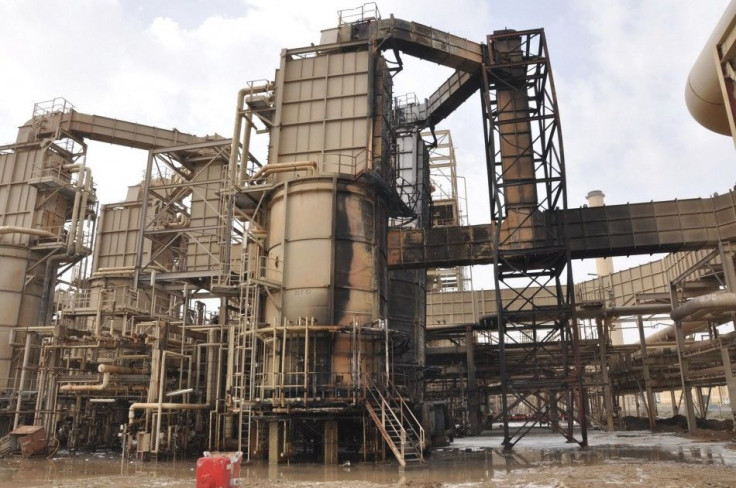Iraqi Oil Sector Dependent On Negotiations With Kurds, Turkey; Al-Maliki Electorial Win Not As Critical To Energy Sector

Iraqi Prime Minister Nouri al-Maliki's apparent success in gaining a third term in office is a move that could escalate tensions with Sunni militant groups in the country but will have little effect on the country’s massive oil sector -- provided al-Maliki handles Iraq's Kurdish leaders carefully.
The Iraqi electoral commission announced Monday that al-Maliki’s State of Law bloc had won the most seats in the April 30 parliamentary elections, falling short of a majority. This week Iraqi officials have struggled to confront how the country will move forward politically. While the country braces for what is expected to be a tumultuous future in forming a new government, experts say the country will most likely not suffer from investment shortfalls in the oil sector — its main source of revenue. Rather, it is the sector’s internal ability to increase capacity and technical expertise that will determine its fate, experts say.
“Changes in the sector will come as a function of the demand for Iraq to develop its fields,” Denise Natali, a fellow at the National Defense University in Washington, said. "The question is whether they even have the capacity to move forward.”
Following the beginning of the war in Iraq, many oil technocrats left the country. Thousands of engineers fled to places like Dubai and Jordan. As a result, the country’s oil industry is now playing catch up. It is unclear whether, despite the immense amount of oil Iraq can access, the country can extract, produce and export efficiently.
Nearly two years ago the International Energy Agency (IEA) predicted Iraq’s oil production would double by 2020, but that it would depend on a number of factors, including the country’s overall stability and security.
“What we did is looked into Iraq as a whole,” Maria van der Hoeven, executive director of the IEA, said in an interview with Bloomberg in October 2012. “But as I mentioned before it is of the upmost importance that the political stability is there, that the regulatory framework is there, that security is there. But what we can see for instance from incidents in the last few months, the last year, is that the incidents in the south and the north are less.”
In November 2012, the International Monetary Fund (IMF) echoed the IEA’s prediction, claiming that Iraq could gain almost $5 trillion in revenues from oil exports before 2035.
Since then, more than 15,000 civilians have been killed in the country, according to the Iraq Body Count website, as a result of increasingly violent clashes between government forces and the Islamic State of Iraq and the Levant (ISIL), a predominantly Sunni group, in regions such as Anbar Province and Fallujah.
The oil industry has not escaped the increasing tensions in the country, either. Last month Amer Shawwal, director of the Haditha refinery in central Iraq, was kidnapped on his way to the Baiji refinery. He is still missing.
And on a larger scale, the Iraqi government is still working to quell tensions with Kurdistan regarding oil stockpiles in the north. The relationship between al-Maliki and Kurdistan continues to deteriorate as Kurdistan negotiates oil contracts with Turkey.
Since 2011, Ankara has worked toward economic integration with the Iraq's Kurdish administrators, agreeing to sell oil produced in the Kurdish region of Iraq via Turkey’s Ceyhanli port to foreign markets. The Kirkik-Yumurtalik (Ceyan) pipeline has about a 70 million-barrel capacity. The Kurdish government built another pipeline that connects to Ceyan and oil was expected to begin moving through it in January. But, the Iraqi constitution requires permission from the Baghdad government before the oil is sold and Hussain al-Shahristani, deputy prime minister of energy, has yet to sign off on the deal.
“The Kurds may have over stepped themselves. They will have to cut a deal,” Natali said. “They have to indicate or show the investors that the contracts will be honored.”
Despite the violence and the political tensions in the country, the Iraqi oil sector has continued to grow.
According to a report published in March by FGM, an emerging market research group, Iraq has tripled its oil production in the last decade and posted an annual gross domestic product growth rate of around 10 percent.
© Copyright IBTimes 2025. All rights reserved.





















